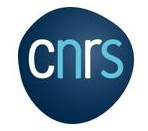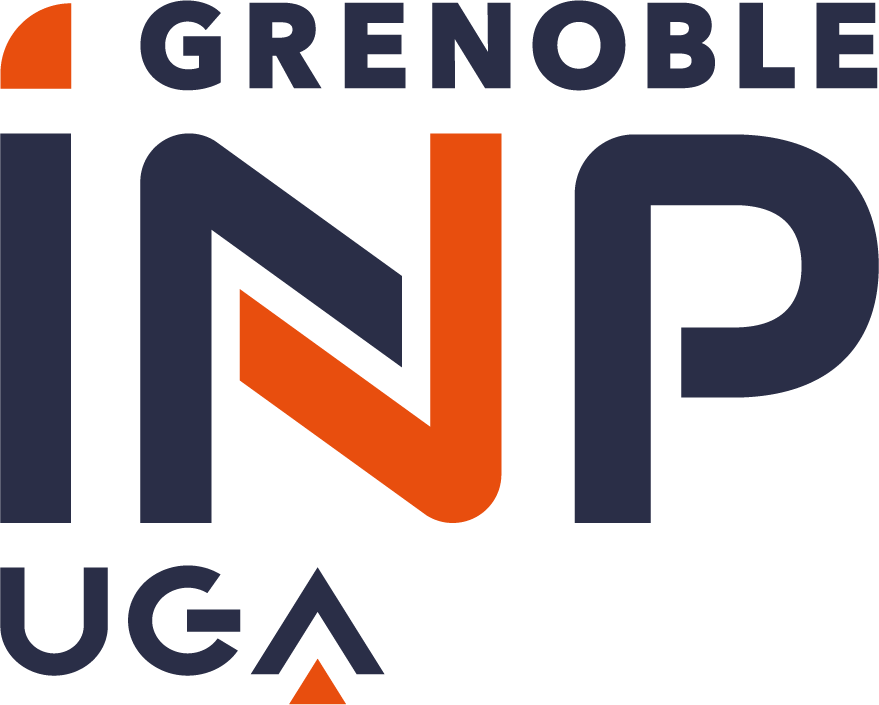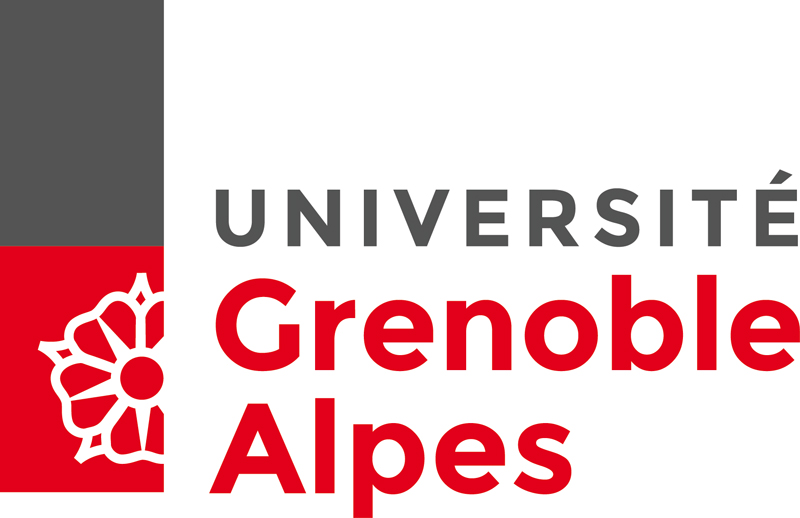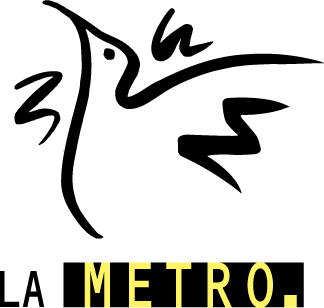44th Summer School of Automatic Control
Grenoble 2023
Grenoble 2023
Grenoble 2023
Safety and Reachability Analysis for Dynamical Systems
Safety and Reachability Analysis for Dynamical Systems
Context and motivations
Modern applications of automatic control are often linked to constrained environments, such is the case, for example, in the contexts of autonomous navigation, robotics manipulation, human/machine interaction. Consequently, it is necessary to guarantee tasks with increasing complexity. Such tasks go beyond stabilizing the origin or a reference trajectory. In particular, the reach-avoid paradigm is, nowadays, one of such key control tasks. In other words, we still want the dynamical system to reach its target, which can be a point or a reference trajectory, but we also want it to act safely with respect to its environment. Safety is the property that requires the solutions starting from a given set of initial conditions to never reach an undesired (or an unsafe) region. Depending on the considered applications, reaching the unsafe zone may correspond to exceeding the system's nominal operating limits, or, quite simply, hitting obstacles. In some infinite-dimensional phenomena, safety may depict scenarios of solids not melting, liquids not spilling, or fires remaining away from populions. As a consequence, qualitative tools (exploiting the system's dynamics) are needed to study the reach-avoid paradigm. This topic is tackled, in existing literature, from three different angles:
The scientific objective of the thematic school is to take stock of the aforementioned basics as well as recent developments in the field of safe control and stabilization, to show the links with modern applications, and to identify new areas of research.
The training objective of this school is to provide participants with an awareness of the different approaches developed in the field of stabilization with safety guarantees, and to train them for the different tools and methods. This awareness and this training will allow them to have a global view, and to better understand the current research issues, and, eventually, to identify relevant research axes. This thematic school will allow participants to establish and consolidate their research project in the field, and to develop multidisciplinary research collaborations. The following themes will be studied:
Organization
- Non-linear methods, through the incorporation of potential fields into control Lyapunov functions, the planning of temporal funnels that avoid the obstacles, or the design a stabilizing feedback law and applying its projection on the safe region.
- Online optimization-based methods, where barrier functions express safety constraints and Lyapunov functions express reachability constraints. The inclusion of state constraints in optimization has brought new theoretical challenges to guarantee existence and approximation of feasible solutions.
- Formal methods, where a finite state machine (abstraction/refinement) is constructed, on which, the reach-avoid problem is studied. Understanding the structure of reachable sets is essential to maintain enough fidelity between the real system and the abstraction.
The scientific objective of the thematic school is to take stock of the aforementioned basics as well as recent developments in the field of safe control and stabilization, to show the links with modern applications, and to identify new areas of research.
The training objective of this school is to provide participants with an awareness of the different approaches developed in the field of stabilization with safety guarantees, and to train them for the different tools and methods. This awareness and this training will allow them to have a global view, and to better understand the current research issues, and, eventually, to identify relevant research axes. This thematic school will allow participants to establish and consolidate their research project in the field, and to develop multidisciplinary research collaborations. The following themes will be studied:
- The reach-avoid paradigm: modern applications and challenges.
- Non-linear techniques based on potential fields; cone projection; and temporal funnels.
- Optimal control under state constraints.
- Formal methods: abstraction/refinement of reachable sets.
Organization
The school will consist of a series of surveys, lectures, and research talks taught in English, completed by a series of applications and illustrations.
The school is mainly intended for PhD students, researchers, and industrial participants wishing to initiate, consolidate, or reorient their research project in the field of stabilization of dynamical systems with safety guarantees. Basic knowledge in control theory, optimization, and mathematics is useful.
Pre-registration deadline :
June 30th, 2023
Registration deadline : July 2nd, 2023
Summer
School :
August 28 - September 01, 2023
Audience






